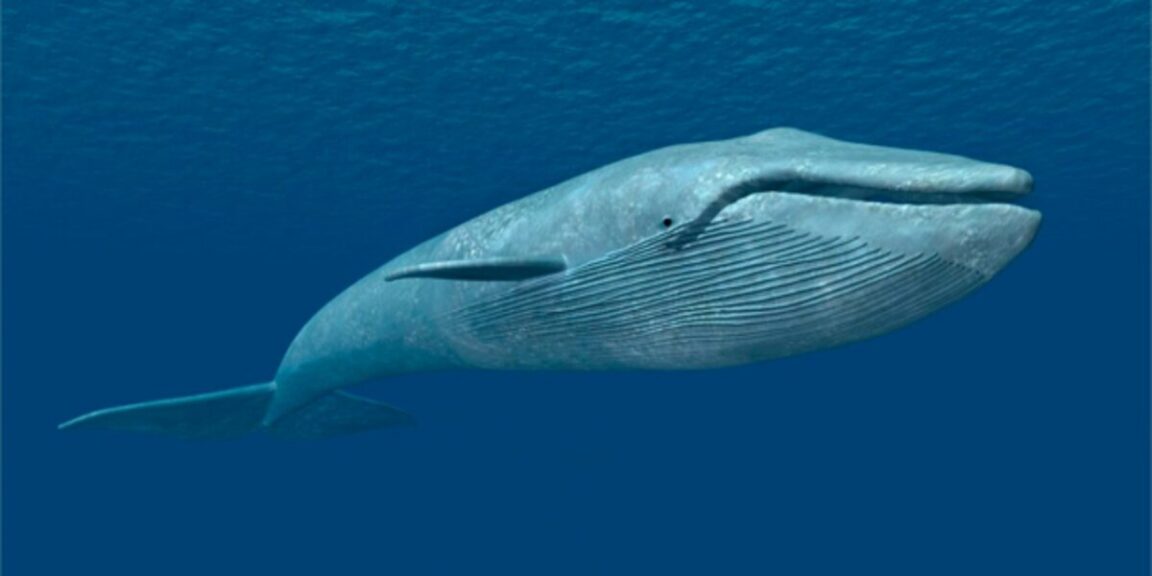The heart of the blue whale can weigh 300 kilos and pump 80 liters of blood per beat, the study of physiological phenomena that occur both at high altitudes and in the depths are of special relevance to science because they show us how different animals have adapted their survival in extreme environments.
The heart of the world’s largest animal: 300 kilograms and 4 beats per minute
Altitude or deep sea create physiological models that allow scientists to see how different organisms respond in extreme environments.
The interesting thing about studying how animals can live at depths of more than 100 meters or at an altitude of 5,000 meters is that different pathologies share characteristics of the extreme physiology found in these environments.
If we add to the ability of some animals to live in places that are uninhabitable for humans their extraordinary physiognomy, we find ourselves faced with cases such as the blue whale.
It is difficult to imagine how a heart that weighs more than 300 kg and pumps blood to a body of 70,000 kg along a length of more than 20 meters can exist.
The heart of these whales can pump almost 80 liters of blood in a single heartbeat.
Recently, a study has been published in the journal PNAS (Goldbogen et al., 2019) in which they have managed to measure for the first time the heart rate of a blue whale in its natural habitat, the sea.
During their long dives, the whales’ heart activity is reduced (and with it their heart rate), which causes both their tissues and organs – including the heart itself – to also decrease their oxygen consumption so as not to jeopardize their survival.
They slow down their energy consumption to their physiological limit.
But while they are in the deep, there is a time when they need to increase their energy production: when they eat. Whales feed in such a way that when they head towards the shoals of fish, they open their mouths, swallowing both their prey and a very large amount of water.
The energy they use to eat and then expel that water is up to 50 times greater than when they are at rest, so presumably their heart rate has to increase to meet that demand.
This can be critical, as the simple act of eating causes them to need much more energy at depth, leading to a faster depletion of oxygen reserves in the blood.




